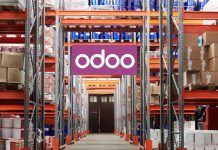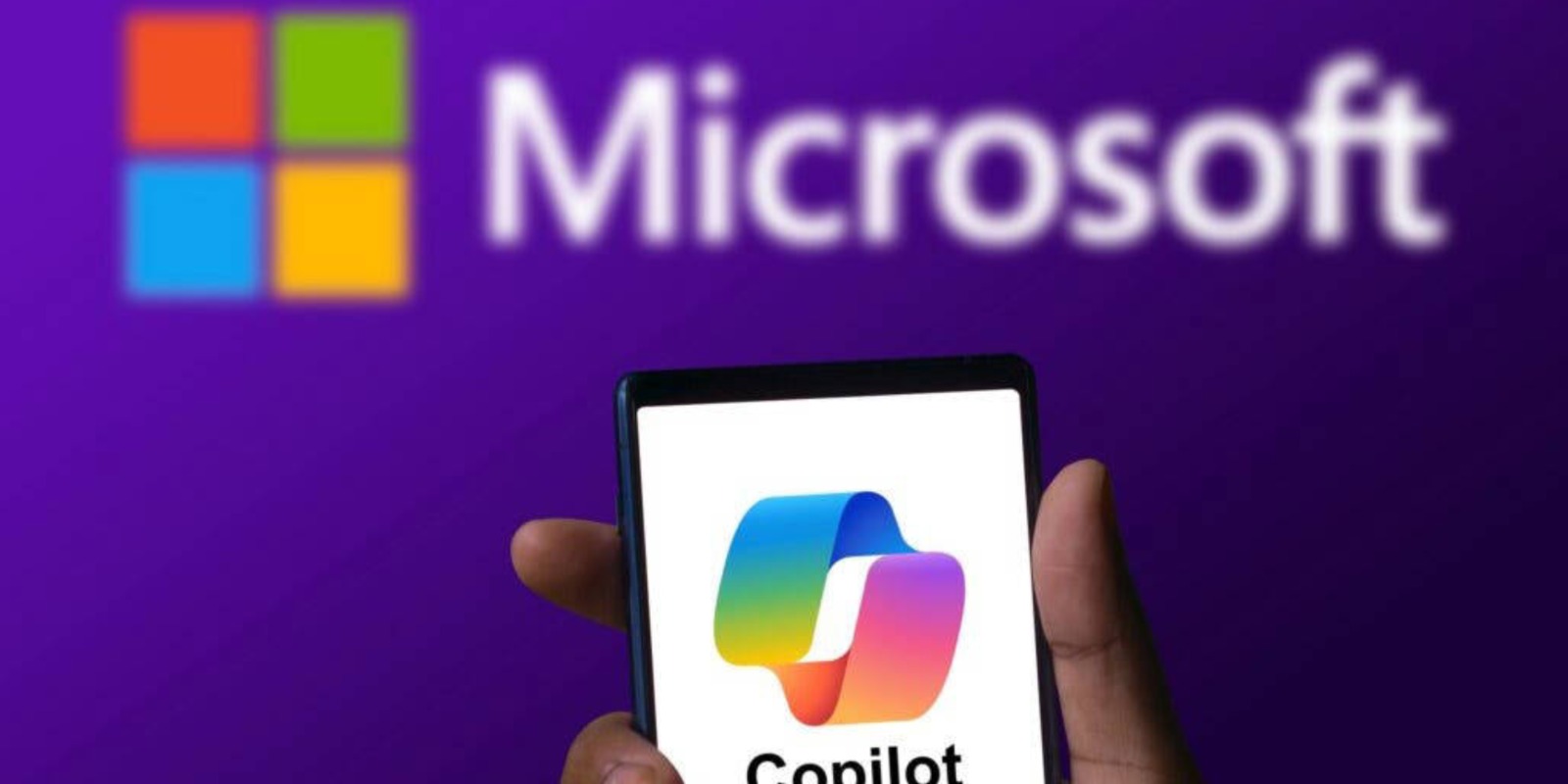Table of Contents
Tech Giants at Odds
The world of technology is full of competition, and it’s not unusual for industry leaders to voice their opinions about rival products. Recently, Marc Benioff, the CEO of Salesforce, criticized Microsoft’s Copilot, calling it a “disaster.” This bold statement has caught the attention of many in the tech industry.
In this blog, we’ll explore Microsoft Copilot, why Benioff thinks it’s a problem, and what this debate means for users and the future of workplace technology.
What is Microsoft Copilot?

Microsoft Copilot is a tool designed to help people work more efficiently. It’s integrated into popular Microsoft products like Word, Excel, and Teams, where it assists with tasks such as:
- Writing documents.
- Summarizing emails.
- Analyzing data.
- Creating presentations.
Copilot is powered by artificial intelligence. It aims to make work easier and faster by automating repetitive tasks and providing smart suggestions.
Why Did Marc Benioff Call It a Disaster?
Marc Benioff’s strong criticism comes from a few key concerns about Microsoft Copilot’s impact and performance:
1. High Costs
Benioff pointed out that Copilot is expensive to use, making it inaccessible for many small and medium-sized businesses. These businesses might not have the budget to adopt such tools, which could widen the gap between large and small organizations.
2. Complexity in Use
He also suggested that Copilot is difficult to implement and use effectively. Tools meant to save time can backfire if they are too complicated, causing frustration instead of productivity.
3. Potential Overpromises
Benioff argued that Microsoft might be overpromising what Copilot can actually deliver. If the tool doesn’t meet user expectations, it could lead to disappointment and wasted resources.
The Bigger Picture: The Competition Between Salesforce and Microsoft
The rivalry between Salesforce and Microsoft isn’t new. Both companies offer tools to help businesses manage operations, communicate, and analyze data.
Salesforce:
Salesforce is known for its customer relationship management (CRM) software, Which helps businesses track sales, interact with customers, and streamline operations.
Microsoft:
In addition to its popular Office tools, Microsoft offers products like Dynamics 365, which compete directly with Salesforce’s CRM software.
Benioff’s criticism of Copilot could be seen as a reflection of the fierce competition between these two companies.
What Does This Mean for Users?
For businesses and individuals, this debate highlights some important points to consider when choosing technology tools:
1. Cost vs. Value
When adopting new tools, evaluating whether the cost justifies the benefits is important. Expensive tools like Copilot might not be worth it for businesses that don’t fully use its features.
2. Ease of Use
Tools should make life easier, not harder. If a tool is too complicated to learn, it might slow down productivity rather than boost it.
3. Expectations vs. Reality
While new technologies often come with exciting promises, it’s important to manage expectations and understand the tool’s limitations.
The Role of Artificial Intelligence in the Workplace
AI-powered tools like Copilot are becoming more common in the workplace. They offer potential benefits, but also raise some challenges:
Benefits:
- Efficiency: AI can handle repetitive tasks, allowing employees to focus on more creative or strategic work.
- Accuracy: Tools like Copilot can reduce errors by automating calculations or proofreading text.
- Time-Saving: AI can speed up tasks like data analysis or email summarization.
Challenges:
- Learning Curve: New tools often require training, which takes time and effort.
- Affordability: Many AI tools are expensive, making them harder for smaller businesses to adopt.
- Dependence on Technology: Relying too much on AI could lead to a lack of critical thinking or creativity.
What Could Happen Next?
The debate over Microsoft Copilot and similar tools is likely to continue as more businesses adopt AI-powered technologies. Here’s what we might see in the future:
1. Improved AI Tools
As technology evolves, tools like Copilot are likely to become more user-friendly, affordable, and efficient.
2. More Competition
Companies like Salesforce and Microsoft will keep competing to create the best tools, which could lead to more innovations.
3. Increased User Feedback
Businesses and users will play a bigger role in shaping the future of AI tools by sharing their needs and concerns.
4. Greater Accessibility
As AI tools become more widespread, developers may focus on making them accessible to smaller businesses and individuals.
Conclusion: A Debate That Highlights Progress
Marc Benioff’s criticism of Microsoft Copilot has sparked an important conversation about the role of AI in the workplace. While tools like Copilot offer exciting possibilities, they also come with challenges that must be addressed.
For businesses, the key takeaway is to carefully evaluate new tools, considering factors like cost, usability, and real-world impact. As technology advances, competition between companies like Salesforce and Microsoft will likely drive further innovation, making these tools even better for everyone.





































